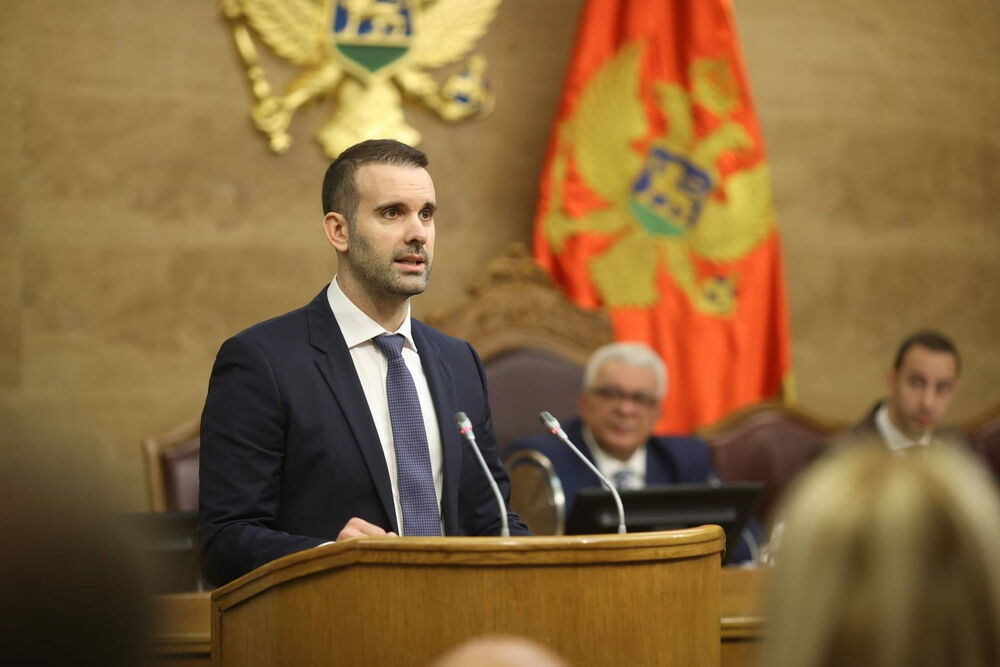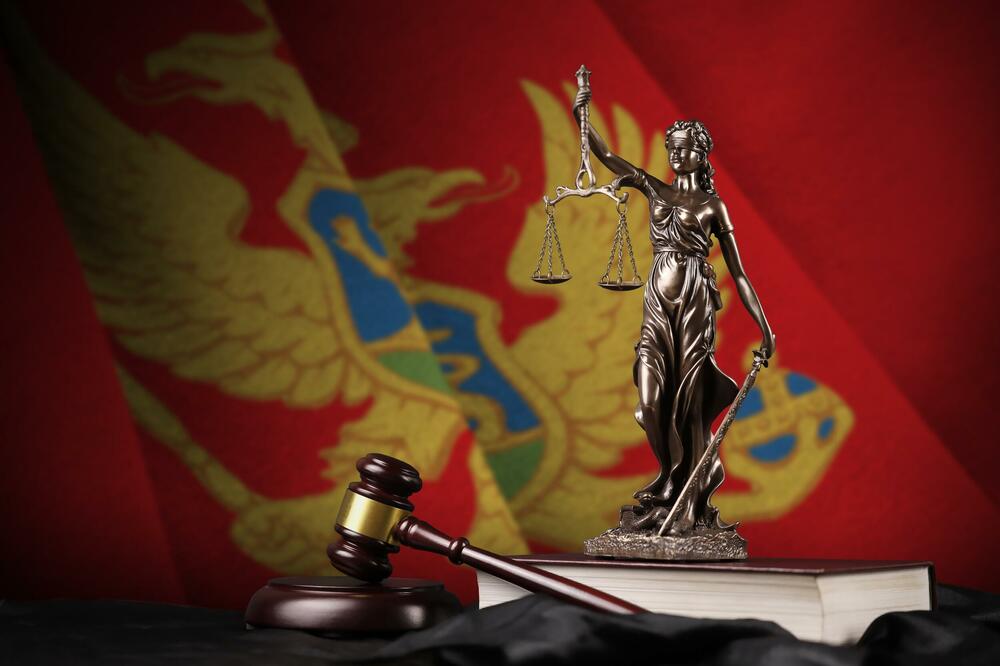Understanding Montenegrin Politics
Before delving into the present-day political landscape of Montenegro, it is essential to understand its historical context. Montenegro has experienced a tumultuous journey, from being an independent monarchy to being a part of larger entities such as Yugoslavia. This historical background has significantly influenced the political ideologies, loyalties, and aspirations of the Montenegrin people.
Montenegro's political history can be traced back to the 9th century when it emerged as a principality. Throughout the centuries, Montenegro faced numerous challenges, including invasions, conflicts, and power struggles. Despite these difficulties, the Montenegrin people maintained their strong sense of identity and fought for their independence.

In the early 20th century, Montenegro became a kingdom under the rule of King Nicholas I. During this period, Montenegrin politics revolved around maintaining independence and asserting its sovereignty. However, the kingdom faced external pressures, leading to its incorporation into Serbia in 1918. and then into the newly formed Kingdom of Serbs, Croats and Slovenes.
The fall of communism in the 1990s marked a turning point in Montenegrin politics. The country embarked on a path towards democratization and the establishment of its political system. Montenegro declared independence from Serbia in 2006, solidifying its status as a sovereign nation.
The Political System in Montenegro
Montenegro operates under a parliamentary republic system, where the President serves as the head of state, and the Prime Minister holds executive power. The Parliament, consisting of elected representatives, plays a crucial role in legislative decision-making.
The President of Montenegro is elected by popular vote and serves as the ceremonial head of state. The President represents the country internationally.
The Prime Minister, on the other hand, is the head of government and holds executive power. The Prime Minister is elected by the Parliament. The government is responsible for implementing policies, managing the government, and overseeing the day-to-day affairs of the country.
The Parliament of Montenegro is a unicameral legislative body consisting of 81 members. These members are elected through a proportional representation system. The Parliament is responsible for passing laws, approving the budget, and holding the government accountable.
Prominent Political Figures and Their Roles
Montenegro boasts several prominent political figures who have played instrumental roles in shaping the country's political landscape. Notable individuals include Milo Đukanović, the longtime leader of the DPS and influential figure in Montenegrin politics for over 30 years. Đukanović has served as both President and Prime Minister, wielding significant influence in domestic and international affairs.
Some claim that Đukanović's leadership has been marked by his commitment to Montenegro's Euro-Atlantic integration, leading the country towards NATO membership and fostering closer ties with the European Union. However, his regime has been considered as a hybrid regime, in which Montenegro saw a massive increase in corruption, criminal, and freedom of speech. Widespread corruption and nepotism, followed by enslavement of institutions to personal and party interests marked his long tenure in positions of power, as well as alleged ties with organized crime.

Other influential figures include leaders of opposition parties, such as the current prime minister Milojko Spajić, and the current president Jakov Milatović, both from the Evropa Sad (Europe Now) party, parliament president Andrija Mandić and Milan Knežević from the coalition “For the future of Montenegro”, former parliament president, and now the deputy prime-minister Aleksa Bečić from Demokrate, former prime minister Dritan Abazović from URA.
In conclusion, Montenegrin politics are shaped by historical factors, the country's political system, the influence of political parties and prominent figures, as well as power dynamics influenced by international relations.
Recent political developments and predictions for the future indicate a transformative period in Montenegrin politics, presenting challenges and opportunities for the country. Navigating these dynamics will be crucial in shaping Montenegro's path towards stability, prosperity, and democratic consolidation.
Bonus video:





